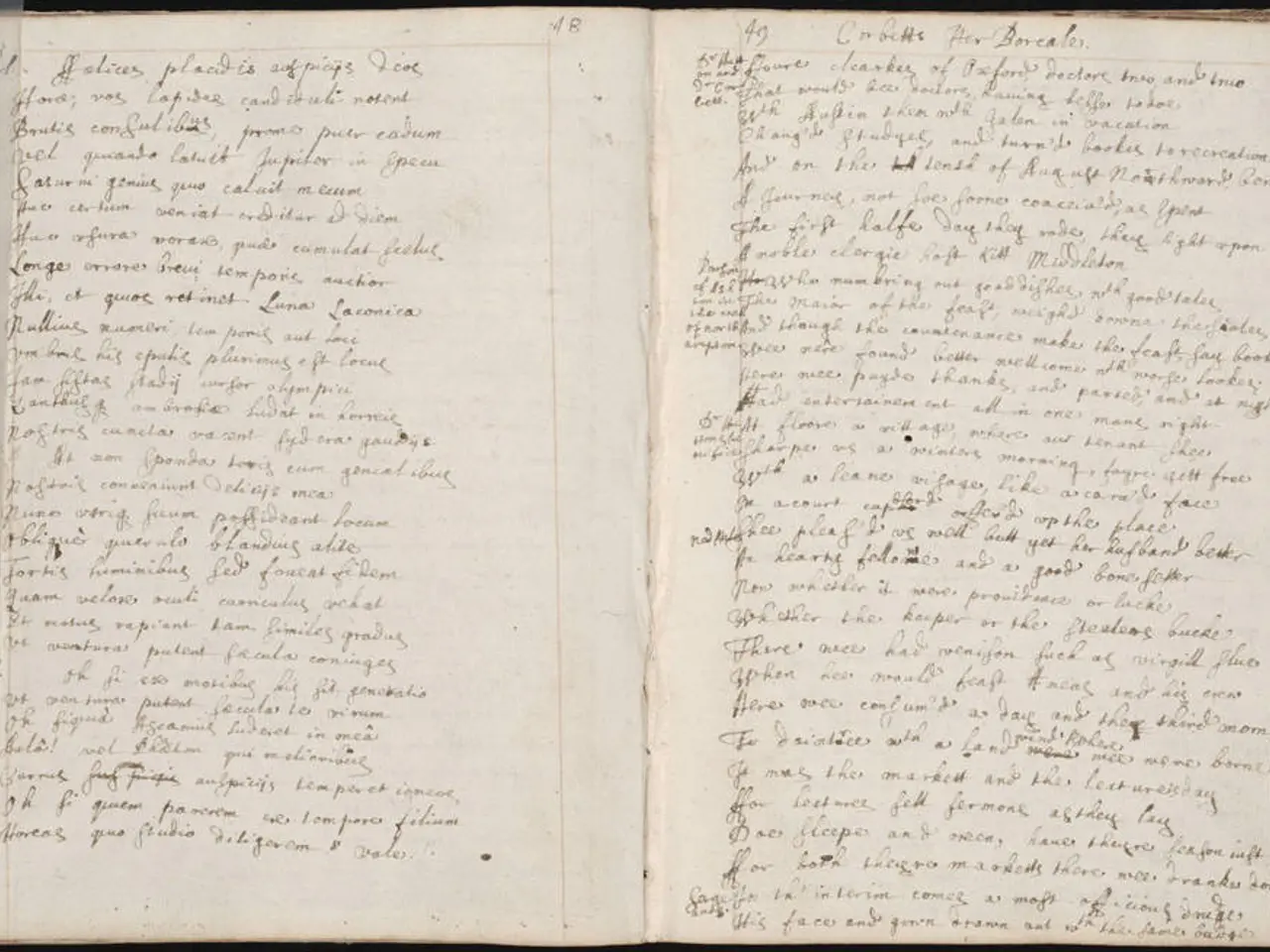Preparing for IB Philosophy SL and HL Examinations: A Comprehensive Guide for Students
IB Philosophy, a popular subject for students seeking a challenging and thought-provoking academic experience, offers two levels: Standard Level (SL) and Higher Level (HL). While both levels share a common core, they differ in their exam format, prescribed texts, and internal assessment (IA) requirements.
Exam Format
Both SL and HL Philosophy candidates take written exams, but HL exams tend to be longer and more challenging, covering a broader and deeper range of philosophical topics. HL students often have to demonstrate more comprehensive knowledge and critical analysis skills in their exam responses compared to SL students. SL exams are usually shorter and less complex, focusing on essential philosophical ideas and key themes. Both levels use a 7-point grading scale, and results contribute to the overall IB Diploma score.
Prescribed Texts
Both SL and HL students are required to study prescribed philosophical texts selected by the IB curriculum. HL students study a wider range of texts or more demanding philosophical works, allowing for in-depth study. SL students focus on fewer or less complex prescribed texts aligned with their level of study. The prescribed texts are meant to provide a foundation for philosophical inquiry in both exam levels, but the breadth and depth differ by level.
Internal Assessment (IA)
Both SL and HL Philosophy students must complete an internal assessment, which commonly takes the form of a philosophical essay or research investigation. IA is compulsory for both levels and is externally moderated to ensure uniform standards. HL IA tasks generally require a more sophisticated philosophical investigation or argument compared to SL. The IA contributes part of the overall philosophy grade and is assessed independently from the written external exams.
In summary, HL Philosophy requires more extensive and in-depth study, including longer exams and a broader range of prescribed texts, while SL Philosophy covers the core material more compactly with slightly less demanding exam requirements. Internal assessment is mandatory at both levels but expects greater complexity and rigor at HL.
IB Philosophy explores existential, knowledge, ethical, and human nature questions. IB Philosophy HL students study prescribed texts, and popular philosophers to study include Plato, Aristotle, Kant, Mill, Descartes, Marx, Rawls, etc. All IB Philosophy students study the core theme "Being Human."
For students preparing for the IA, resources like RevisionDojo offer IA structure templates, feedback prompts, and philosophical concept drills. RevisionDojo also provides AI-generated essay prompts, instant essay feedback, thematic breakdowns of ethics and epistemology, past paper simulations, and IA feedback tools.
IB Philosophy offers optional themes such as Ethics, Epistemology, Political Philosophy, etc. IB Philosophy SL and HL have different numbers of exam papers (1 and 2, respectively, for HL). IB Philosophy HL includes Paper 2 and prescribed texts, and Paper 2 requires analysis of one or more prescribed texts and their relation to broader philosophical discussions. The IA should be a maximum of 1,600 words, and it is a 1,600-word exploration of a real-world issue analyzed through a philosophical lens. Stick to the argument-counterargument-conclusion structure in Paper 1 essays. Quotes from philosophers can be used in the exam when relevant, but it's better to explain the idea in your own words and reference the thinker.
Flashcards can be useful for students preparing for the IB Philosophy exam, particularly for memorizing key philosophical ideas and concepts. Self-development through learning can be facilitated by using flashcards to consolidate the broad range of philosophical topics covered in the HL level, allowing for a more efficient study process.
For example, students can create flashcards for philosophers such as Plato, Aristotle, and Kant, or for important philosophical themes like ethics, epistemology, and human nature. By regularly reviewing flashcards, students can build a strong foundation of knowledge and enhance their ability to demonstrate critical analysis skills during the exams.




